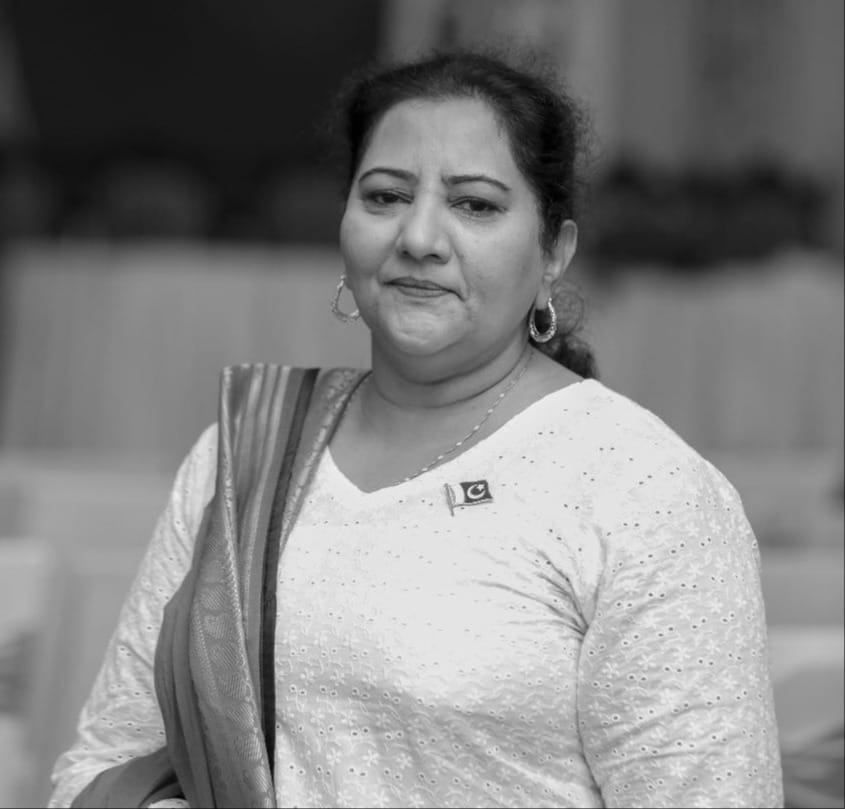By: Nabila Feroz Bhatti
The situation of education in villages with Christian majorities in Punjab presents a complex tapestry of discrimination, infrastructural challenges, and historical setbacks. The experiences of students like Suhana Abid from Government Girls High School Chack 102 NB in Sargodha, who face discriminatory treatment by teachers, highlight the systemic issues within the educational framework. Suhana’s case is not isolated; her sister Senaiha Abid faced similar biases from the same teacher, reflecting a broader pattern of prejudice against Christian students.
In another instance, Cedric Sabir and eight other Christian students at Government Batala High School in Sahiwal were compelled to study Islamiat instead of Ethics, despite this being a clear violation of Article 22 of the Constitution of Pakistan. Although efforts were made by human rights activists like Ashiknaz Khokhar to address this issue, implementation remains sluggish.
Structural Challenges and Discrimination
Education is a fundamental right, as enshrined in Article 25A of the Constitution of Pakistan, which mandates free and compulsory education for all children aged 5 to 16 years. However, the practical realization of this right is hampered by factors such as poverty, lack of facilities, gender inequality, and social biases. Girls, in particular, face significant barriers including cultural norms, early marriage, and inadequate safety in schools.
Religious minorities, especially Christians, face additional layers of marginalization. Villages with Christian majorities in Punjab, numbering around 50, have historically played a crucial role in maintaining socio-religious balance. However, the decline of village-based leadership and the migration of the Christian population to urban areas have weakened the educational and social fabric of these communities.
The Centre for Social Justice Study
A study by the Centre for Social Justice (CSJ) titled “How Green Was My Village” sheds light on the educational landscape in these villages. The study covered 56 villages with significant Christian populations and assessed the quality of education across government, private, and Church-run schools.
Government schools, despite having the largest infrastructure, have not performed well in retaining students through matriculation. In contrast, private schools, despite being under-resourced, showed an upward trend in matriculation rates. Church-run schools faced a decline, reflecting broader issues within the community.
Historical Context and Impact of Nationalization
The nationalization of Church-run schools in 1972 marked a significant setback for the educational achievements of Christians in Pakistan. This move led to discrimination and a sense of alienation among Christian students. Despite a policy of denationalization in the 1980s, only a fraction of the nationalized schools have been returned to the Church, with the government demanding payment for their return. This has left many schools under-resourced and unable to provide quality education.
Recommendations for Improvement
To address these challenges, several measures are recommended:
1. Promoting Interreligious Harmony: Initiatives to foster interreligious harmony, security, and celebration of diversity are crucial. Empowering School Management Councils (SMCs) can help create a better environment in schools.
2. Reforming Government Schools: Comprehensive reforms are needed to ensure that minority students feel safe and equal in government schools.
3. Monitoring Private Schools: Private schools should be regularly monitored to ensure they have adequate teachers, infrastructure, and a conducive environment.
4. Completing Denationalization: The Punjab Education Department and the Ministry of Education should expedite the denationalization of remaining schools and provide financial grants for infrastructure rehabilitation.
5. Sensitizing Officers: Officers handling Church schools should be sensitized to minority issues to ensure fair and efficient management.
6. Abolishing Monetary Demands: The government should return nationalized schools to the Church without demanding payment and should adjust existing employees in other government roles.
By implementing these recommendations, the educational landscape for Christian-majority villages in Punjab can be significantly improved, ensuring that all children receive the quality education they deserve without discrimination.
Nabila Feroz Bhatti is a human rights activist and columnist. She can be reached at [email protected] and on X (formerly Twitter) @NabilaFBhatti.


